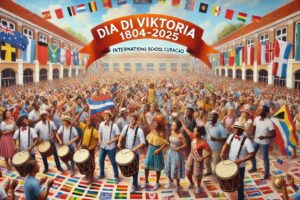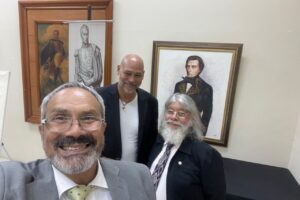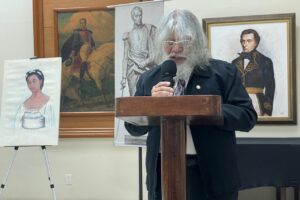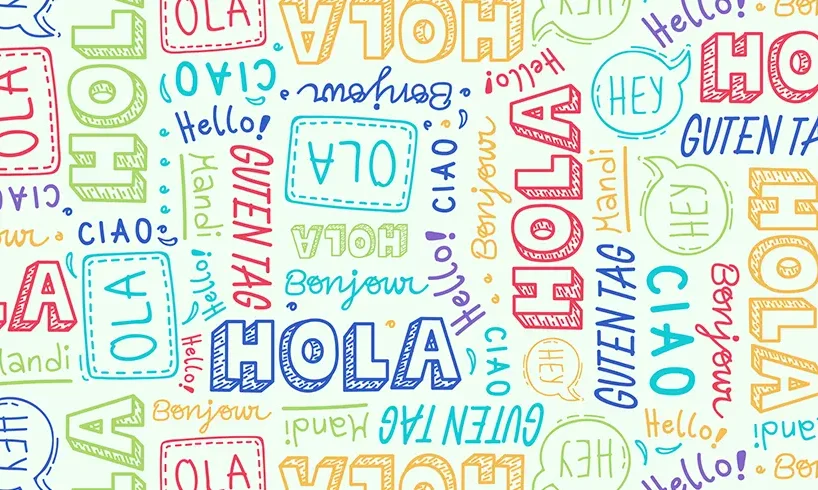
Manuel Carlos Piar’s story is of resilience, intellect, and an extraordinary ability to communicate with diverse people. Born in Curaçao’s Otrobanda, a neighborhood known for its cultural vibrancy and diversity, Piar grew up in Rifwaterstraat, surrounded by the bustling daily life of sailors, dockworkers, and locals.
His father, Ferdinand Piar, was a Spanish pilot ship captain, and his mother, Maria Isabel Gomez, was of Dutch-African descent. This diverse heritage and upbringing enabled Piar to develop linguistic skills and connect with people from all walks of life, which would become one of his greatest strengths throughout his career.
In the early 1800s, Otrobanda was not just the “other side” of the Sint Annabaai but a crucial meeting place where people from different backgrounds, cultures, and languages converged. The port area buzzed with the sounds of ships coming and going, and the streets were filled with the lively chatter of different languages: Papiamentu, Dutch, Spanish, French, and even African dialects.
It was in this environment that Piar’s gift for languages flourished. Speaking Spanish at home, learning Dutch, and being immersed in the local Papiamentu, Piar also acquired French and other Creole languages spoken by African descendants and sailors who passed through the island.
Otrobanda’s Rifwaterstraat was the heart of this multilingual and multicultural exchange. Manuel Piar became deeply involved with the local community in this vibrant neighborhood. He was not bound by race, class, or nationality distinctions—he made connections with everyone, from the wealthiest merchants to the humblest workers.
His ability to communicate across social and cultural boundaries made him a man of the people who could easily form bonds and create alliances.
Piar’s linguistic versatility became one of his greatest assets during his military campaigns. In the early 1800s, he played a significant role in defending Curaçao from British forces in 1803, and his understanding of local and foreign languages helped him navigate complex alliances.
He later became a key figure in the Venezuelan War of Independence, where his ability to speak multiple languages was crucial in uniting people of various backgrounds under the common cause of freedom. Whether talking with European soldiers, African Creole fighters, or local Curaçaoan allies, Piar’s language skills allowed him to bridge gaps and foster trust.
Rifwaterstraat and Otrobanda, more broadly, played a key role in shaping Manuel Piar. The area was alive with cultural exchange, and it was here that he honed his skills not just in languages but also in social diplomacy. Piar didn’t see people in categories of rich or poor, black or white, native or foreigner. He treated everyone with the same respect, and this openness allowed him to build strong connections throughout his life.
In Otrobanda, a neighborhood where everything from politics to revolution was discussed in many languages, Piar grew into a man who could easily engage with anyone. His multilingual abilities reflected his intelligence and symbolized his belief in unity across differences. By mastering multiple languages, Piar proved that true leadership comes from strategic military or political decisions and understanding and communicating with people from all backgrounds.
Manuel Carlos Piar’s story reminds us of the importance of communication in nation-building. His ability to connect with others, rooted in the dynamic, multicultural world of Otrobanda’s Rifwaterstraat, allowed him to play a crucial role in shaping the future of Curaçao and Venezuela. His legacy lives on, reminding us that in a world full of differences, the ability to listen, speak, and connect with others remains one of the most powerful tools for change.
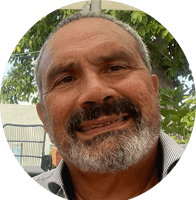
Tico Vos is a professional photographer, producer, and tourism specialist. He has been documenting the History, Culture, and News of Curaçao. This site is a documentation of the history of Manuel Carlos Piar.

